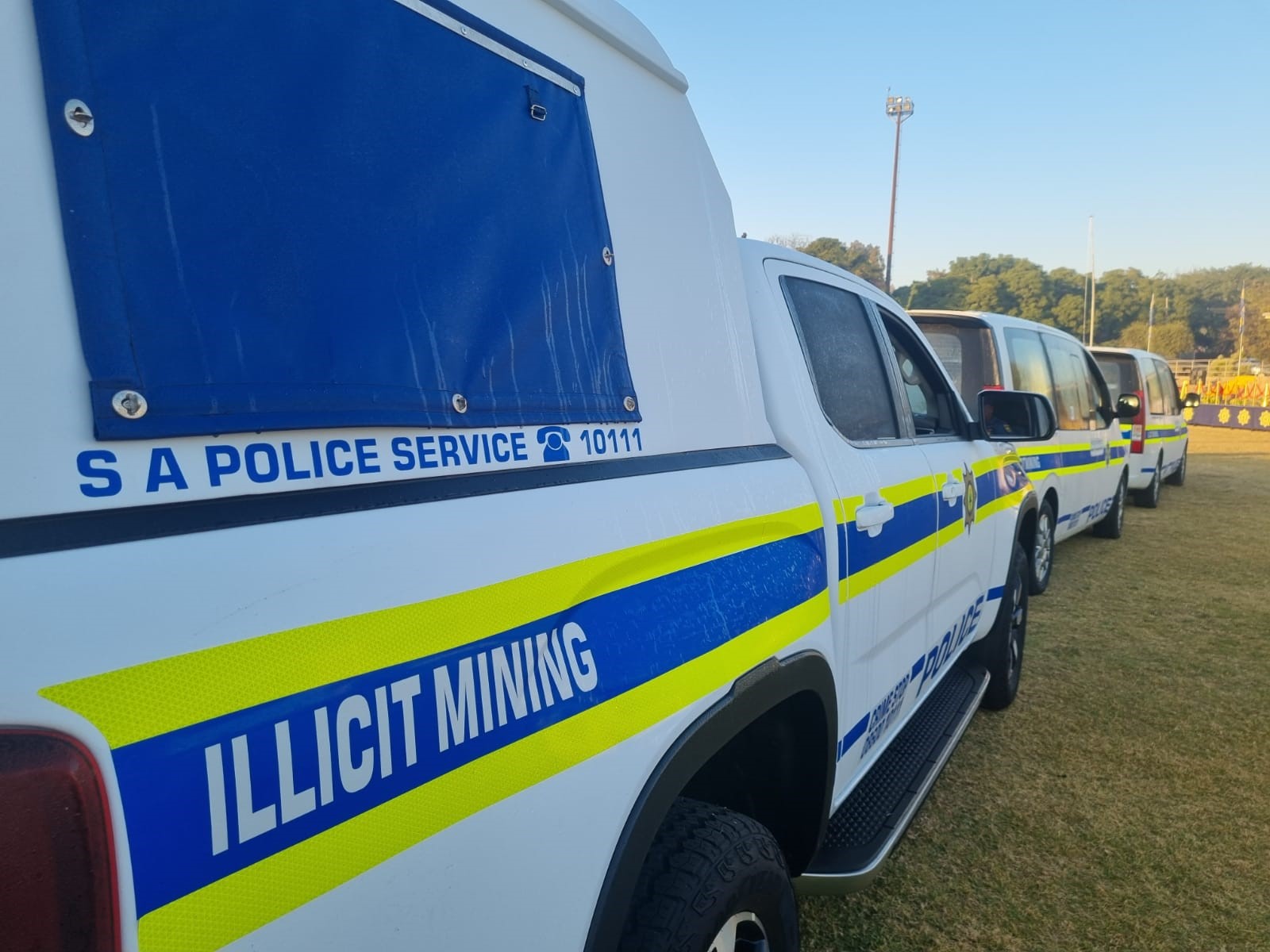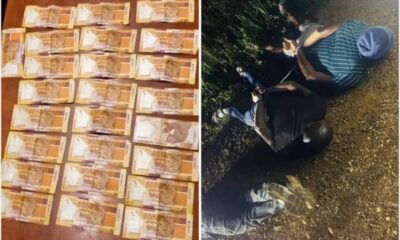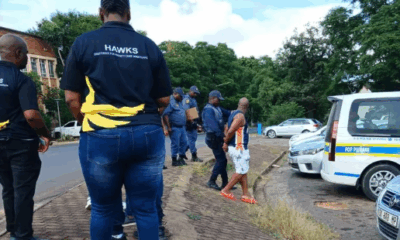News
Will the SAHRC Illegal Mining Inquiry Deliver Justice or Protect the Powerful?

A Long-Awaited Inquiry, But Can It Be Trusted?
When the South African Human Rights Commission (SAHRC) finally announced a national inquiry into illegal mining this week, many thought it would be a turning point.
After all, communities across Gauteng, North West and Mpumalanga have spent years living alongside zama zamas, facing everything from crime and environmental destruction to toxic water sources.
At the inquiry’s first session in Stilfontein, emotions ran high. People arrived not just with testimony but with anger.
Because while Mining Affected Communities United in Action (Macua) welcomed the move in principle, they also issued a fiery warning:
“This inquiry risks becoming a shield for the state, rather than a platform for truth and accountability,” said Macua national coordinator Sabelo Mnguni.
Why the Stilfontein Tragedy Still Haunts This Inquiry
This investigation didn’t arise out of curiosity, it was forced into existence.
Last year, over 80 illegal miners reportedly died underground at the Buffelsfontein Gold Mine in Stilfontein. Witnesses allege police denied them food and water for nearly three months as part of Operation Vala Umgodi, a national crackdown on illegal mining.
Locals now call it “the Stilfontein massacre.”
Yet no one has been held accountable.
And that is exactly why Macua is sceptical. They’ve seen inquiries before, in 2015, in 2016, again in 2018 each promising action, yet not a single major authority or mining company has faced consequences.
Communities Want Justice, Not Another Paper Report
Mnguni’s message was clear: trust has been broken.
“For seven years, SAHRC recommendations have been ignored, abuses have continued and corporate impunity has deepened.”
So what are mining communities actually demanding?
Enough time to testify properly
Public identification of those responsible for the Stilfontein deaths
Criminal referrals, not just recommendations
Clear accountability for both the state and mining companies
They’ve seen zama zamas blamed for everything, but very few officials questioned for negligence or abuse.
Operation Vala Umgodi, Protection or Persecution?
Part of the inquiry will examine the controversial Operation Vala Umgodi, South Africa’s militarised crackdown on illegal miners.
Government frames it as crime prevention.
Communities call it brutal and inconsistent.
In some towns, zama zamas terrorise residents, extorting shops and hijacking houses. In others, locals quietly trade with them, preferring their informal survival economy to failing municipal services.
It’s a messy reality, one that no inquiry can address if it refuses to name real power dynamics.
Will This Be Another Missed Chance?
For many South Africans, illegal mining has become a symbol of a broken system one where poverty, corruption and abandoned mines collide.
The SAHRC insists this new inquiry will “foster sustainable solutions prioritising human rights and environmental stewardship.”
But people have heard promises before.
If this inquiry protects officials instead of confronting them, it will go down not as a breakthrough, but as another betrayal.
For thousands of mining-affected residents, one question remains:
Is this inquiry designed to uncover the truth or to bury it deeper underground?
{Source: The Citizen}
Follow Joburg ETC on Facebook, Twitter , TikTok and Instagram
For more News in Johannesburg, visit joburgetc.com



























